About the project
Since its emergence in December 2019, the novel coronavirus has spread rampantly across the globe, overwhelming health systems and cratering the global economy. In the United States—where federal authorities have failed to perform widespread testing for the virus and have therefore been unable to implement the targeted quarantines of infected individuals that have allowed South Korea to defeat the virus with limited disruptions to everyday life—states and cities have been forced to rely on blanket restrictions of movement, including the closure of most schools and businesses. The economic impact of these “social distancing” strategies has been severe, triggering a recession that is expected to rival the Great Depression in its severity, and leading President Trump to call for a reassessment of the response after less than fifteen days—far sooner than epidemiologists recommend.
African nations are unlikely to enjoy this luxury of choice. With more than 70 percent of African urbanites—approximately 200 million people—residing in crowded city slums, social distancing may prove impossible. And for the 85 percent of Africans who live on less than $5.50 per day, work stoppages will pose an existential threat. So what will African nations do? Will COVID-19 spread across African countries as virulently as it has spread through Asia and Europe, or will Africa’s climate and demographics provide some shield?
This series from the Atlantic Council’s Africa Center aims to follow these questions by tracking developments in key countries across the continent, and adding expert commentary across topical themes.
Featured commentary
Featured country case studies
All content
As the global community continues to grapple with the coronavirus (COVID-19), the Atlantic Council is open for business. Our business, meetings, and events, however, are occurring virtually. For more information, please read an update from our President and CEO.

The Africa Center works to promote dynamic geopolitical partnerships with African states and to redirect US and European policy priorities toward strengthening security and bolstering economic growth and prosperity on the continent.
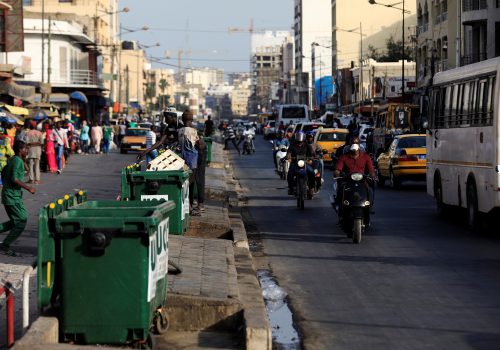

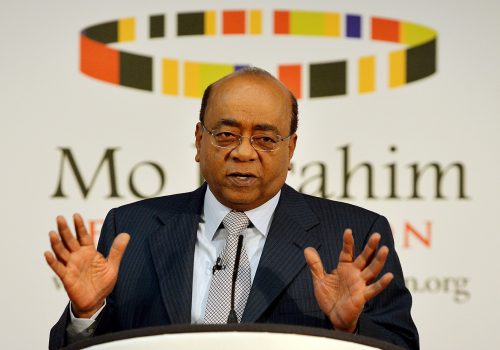
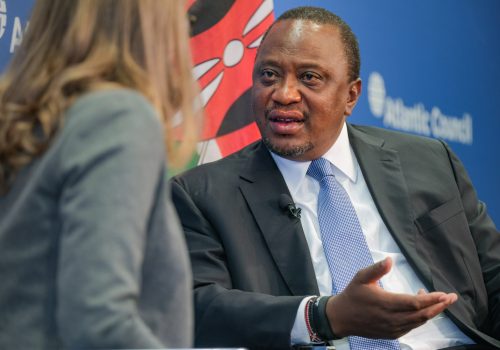
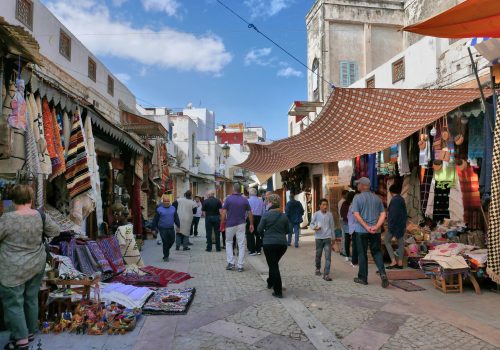
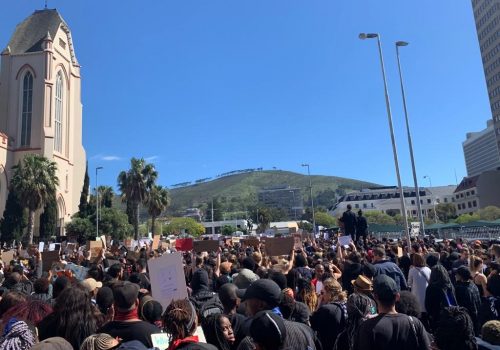
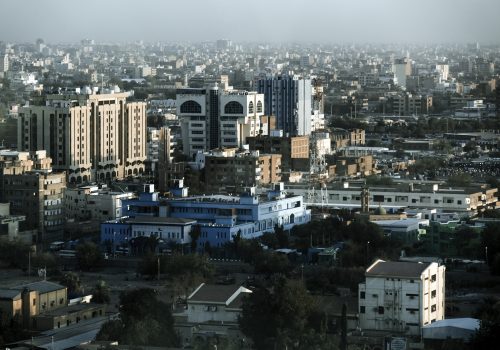

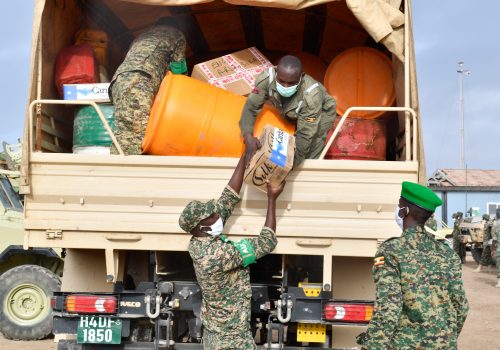
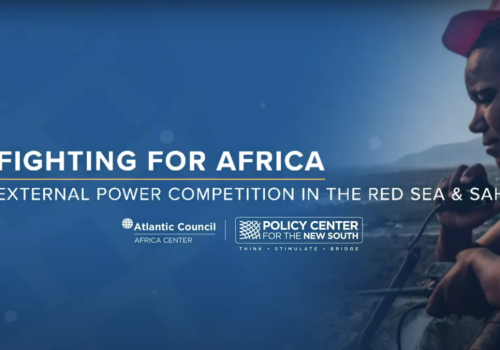
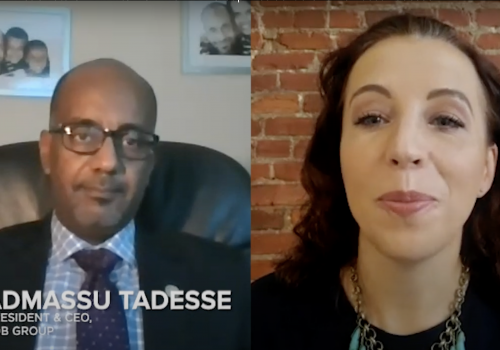
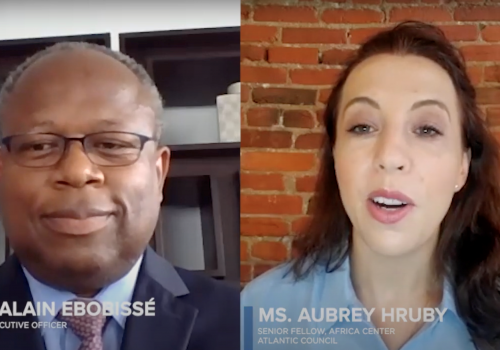
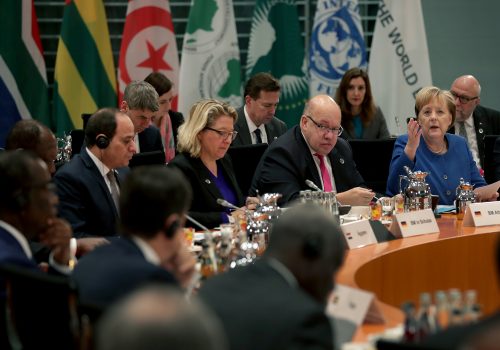
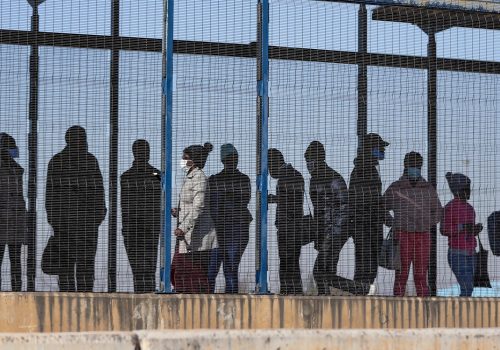
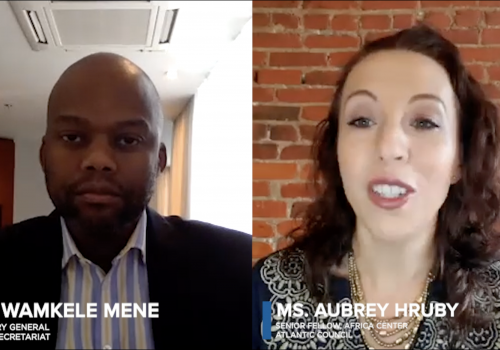
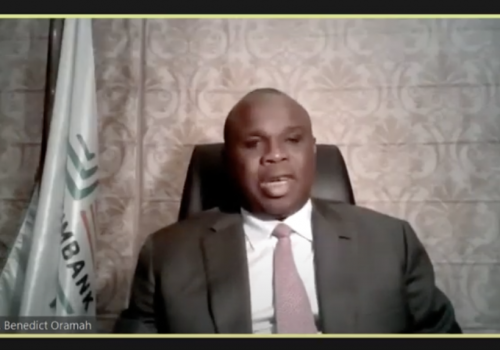
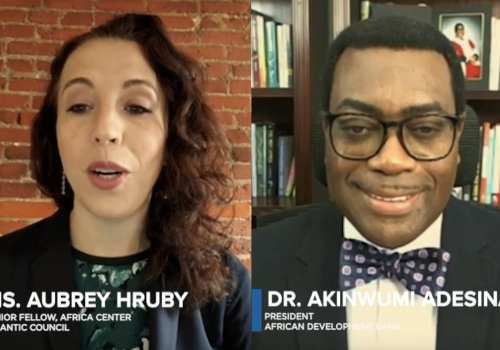

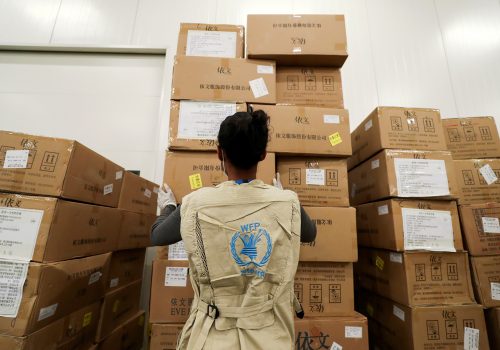
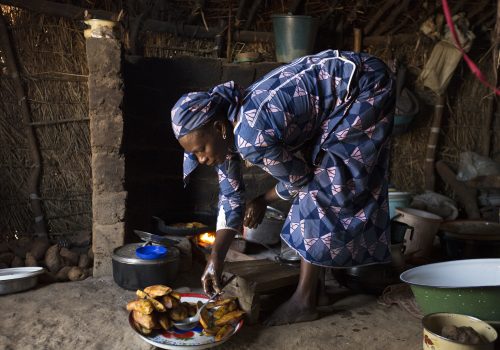


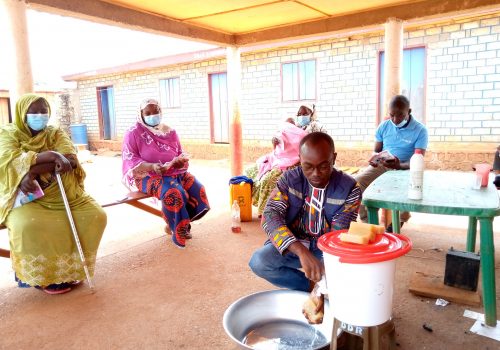
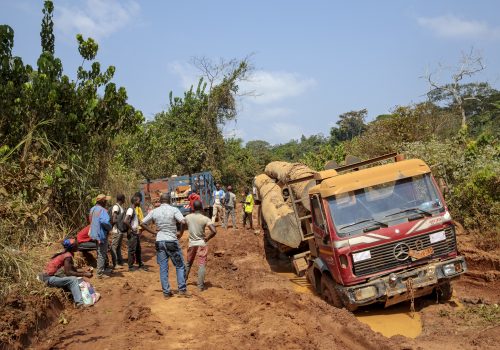


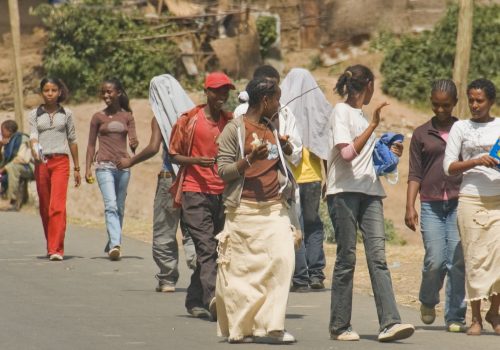
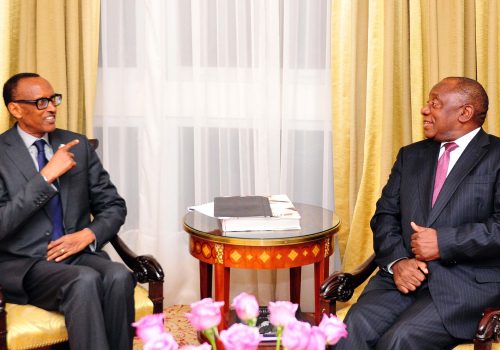
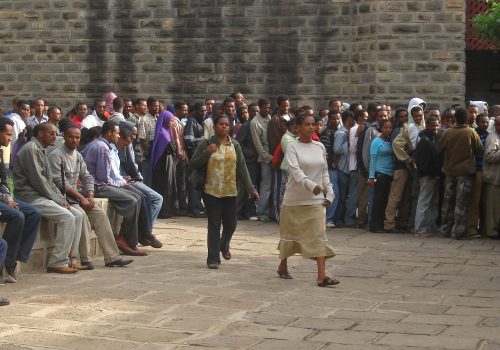
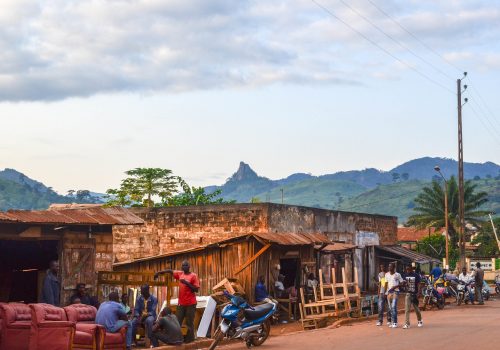
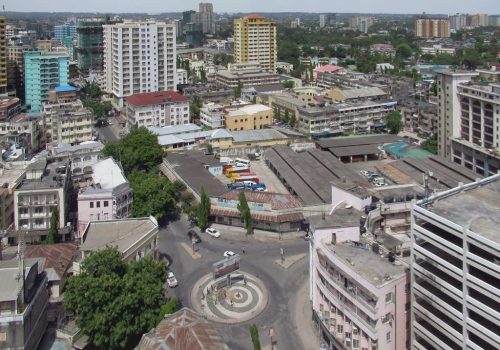

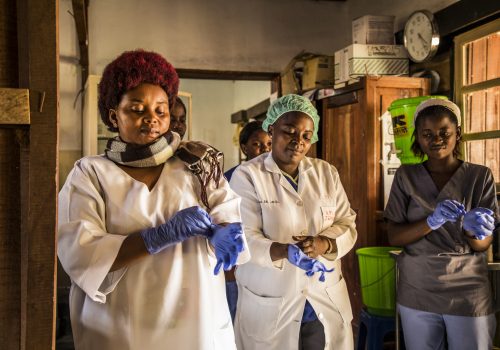
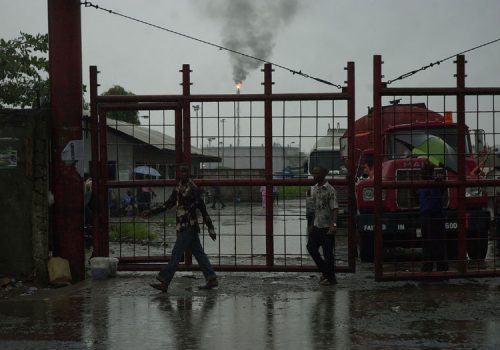
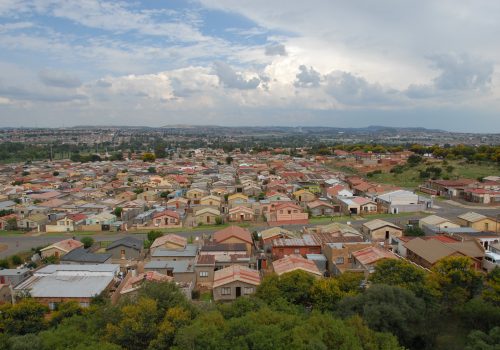
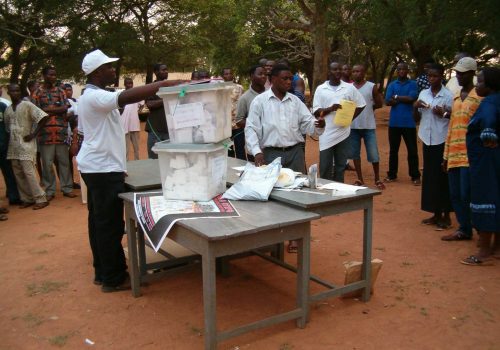
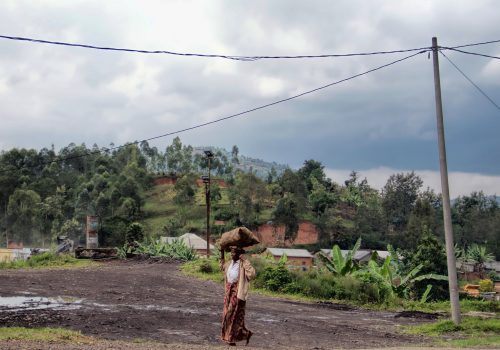

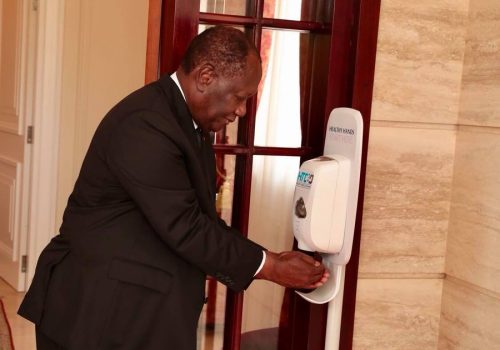

Follow us on Twitter